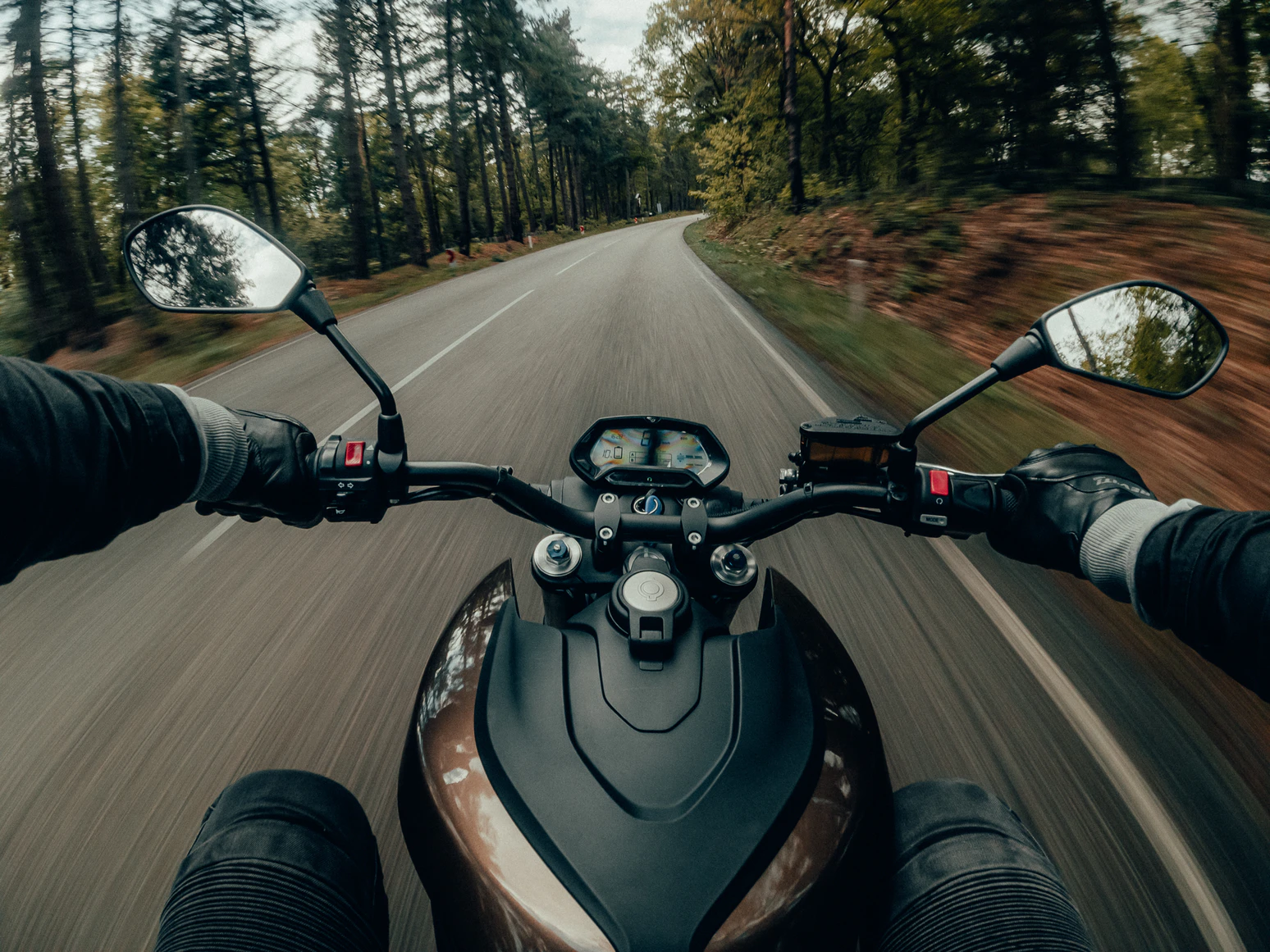Many people enjoy riding motorcycles. Motorcycle riding is something that most people who ride don’t have to do but rather feel compelled to do. Be it for the sense of freedom that it brings, the thrill of the ride, the practicality that comes with easy parking and better fuel economy, the camaraderie and the community that comes along with riding, or others, those who ride are generally passionate about doing so. However, there are inherent dangers that go along with riding a motorcycle, and it’s important to understand the dangers of riding a motorcycle, how to stay as safe as possible on the road, and what to do if you are involved in a motorcycle accident.
The Dangers of Riding A Motorcycle
Why? Below is a list of multiple reasons why motorcycles are dangerous.
- Less physical protection: Because motorcycles are open structured, motorcycles lack many of the safety features found in closed structured vehicles. A bike doesn’t have seat belts and has no way to keep you in the vehicle in the event of a collision. It’s much more probable that the passengers of a motorcycle will be ejected from a motorcycle than from a closed structured vehicle.
- Visibility: Even the largest motorcycles are smaller than other cars or trucks on the road. It’s often the case that in an accident, the driver of another vehicle “didn’t see” the motorcycle before the accident. Watch the below video to learn the #1 reason why cars pull in front of motorcycles.
- Road conditions: With a four or more wheeled passenger vehicle, if you hit poor road conditions such as potholes, uneven road surfaces, roadway debris, oil, grass, water, or others, you generally will be able to maintain control. However, two wheels are much less stable than four or more wheeled passenger vehicles. If you ride through any of the above on a motorcycle, it could easily cause you to lose control or even crash.
- Less control: Motorcycles are less stable than passenger vehicles due to their two-wheeled design. This lack of stability makes motorcycles harder to control and drive.
How To Stay Safe While Riding a Motorcycle
While motorcycles are indeed more dangerous than passenger vehicles, being an intelligent rider can make riding your motorcycle less dangerous. Below are a few tips to help you stay safe while riding.
- Before the ride: It’s of utmost importance to always check your tire pressure, tread depth, hand brakes, foot brakes, headlights, signal indicators, and fluid levels. Doing so will help you maintain control of your motorcycle and help other drivers to be more likely to see you while on the road.
- Wear the right helmet: One of the most common injuries that occur from motorcycle accidents is brain injury. Wearing a helmet can make what would be a tragic accident into just a bad one. Also, wearing a helmet is the law. See the NHTSA’s guidance on choosing the right motorcycle helmet.
- Don’t ride in bad weather: A slippery road greatly increases the chances of being in a motorcycle accident. Rain also decreases visibility, which can increase the likelihood that other drivers don’t see you while on the road.
- Avoid highways known for animals at night: Roadkill is an annoyance when you drive a passenger vehicle, but hitting an animal on a bike will likely cause you to lose control and crash.
- Stay out of other drivers’ blind spots: Give the vehicles around you extra room, and make sure that you are visible to them. Never count on another driver to do the right thing.
- Pay attention: While riding, you must keep your focus on the road at all times to stay safe. Watch your speed, pay attention to what other drivers are doing, expect the worst out of everyone on the road, and always be ready to react when something starts to go wrong.
- Be alcohol and drug-free: Alcohol and drugs, including some prescribed medications, negatively affect your judgment, coordination, and balance. These substances also impair your alertness and reduce your reaction time.
What To Do In The Case of a Motorcycle Accident
If you’ve been in a motorcycle accident, you should take the following steps. These steps are crucial in proving who or what caused the accident and establishing the extent of your injuries.
- Seek medical attention: Even if you feel your injuries are minor, have a medical professional assess your physical state. Some accident injuries do not manifest until several hours or even days after the actual accident.
- Record contact information: If you can, write down the contact information of everyone involved in the accident, even bystanders. Information such as names, phone numbers, addresses, license plate numbers, and vehicle registration numbers are indispensable for your injury claims later on.
- Call the police: Any accident resulting in injuries requires police intervention. A police report is a vital source of information.
- Take photos and videos of the accident scene: Write down everything you remember from what happened while it is still fresh in your mind. Focus on the timeline of what happened, how it happened, and where and when it happened. Take precise notes of the road, traffic, and weather conditions as well. Preserve any piece of physical evidence as best as you can.
- Seek help from experienced accident lawyers: At Stillman and Friedland, as Nashville motorcycle injury accident attorneys, we can ease the burden of securing evidence, establishing a strong claim, and proving your need for just compensation. We will work for you so you can focus on recovering from your injuries, whether physical or emotional.
Conclusion
If you or a family member have been injured or suffered a loss due to a vehicle accident, contact our Nashville-based office at 615-244-2111 for a free and confidential consultation, and we will assist you with your case. Our law firm works on a contingency basis. Unless we reach a settlement or jury verdict award on your behalf, there is no fee.
Stay safe out there.
Because we care…







